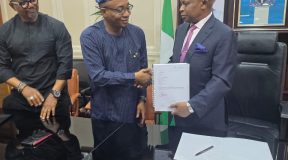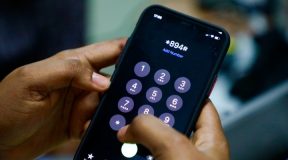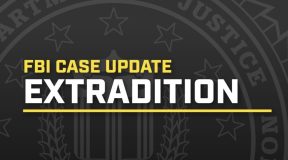The Federal Government is set to receive new loan funds from the World Bank on June 13, 2024, with approval for loans totaling $2.25 billion. The funds will be allocated to two large development projects. The first project, Nigeria Reforms for Economic Stability to Enable Transformation Development Policy Financing, is expected to receive $1.5 billion. The second initiative, NG Accelerating Resource Mobilisation Reforms Programme-for-Results, has a funding request of $750 million.
Remember that the correspondent had said that the government would resume previously suspended telecom taxes and other economic measures in order to secure the $750 million loan. According to a copy of the proposal paper uploaded on the World Bank website, the government may restore telecom excise taxes and an EMT levy on electronic money transfers through the Nigerian Banking System, among other taxes. However, the most recent research indicates that the administration may have nearly guaranteed the loan. At the spring meetings of the International Monetary Fund and the World Bank last month, the Minister of Finance, Wale Edun, stated that the nation had qualified for processing a loan, described as ‘essentially a handout’ of $2.25 billion from the World Bank at 1% interest rate
The package, authorised by the World Bank’s Board of Directors, includes a 40-year duration, a 10-year moratorium, and a nominal 1% interest rate. He remarked, “We qualified for the processing just this week to the World Bank Board of Directors of a total package of $2.25 billion of what you can term ‘the closest you can get to a free lunch’–virtually a grant. It is for a 10- to 20-year moratorium with roughly 1% interest.”
According to programme information documents posted on the international lender’s website, the two initiatives seek to improve Nigeria’s economic stability and resource mobilisation capacities. The monies are expected to help Nigeria modify its economic policies and improve government resource mobilisation, both of which are critical to the country’s long-term financial sustainability and economic resilience.
According to the document, the fundamental goal of the PforR programme is to increase non-oil revenues while protecting oil and gas revenues at the federal level from 2024 to 2028, with a focus on significant tax, excise, and administrative reforms. The programme has three main goals: implementing tax and excise reforms to increase VAT collections and excise rates on health and environmentally friendly products, strengthening tax and customs administrations to improve VAT compliance and audit effectiveness, and protecting oil and gas revenues by increasing transparency and net revenue contributions.
The PforR programme provides technical assistance to help the Federal Inland Revenue Service and the Nigeria Customs Service improve taxpayer and merchant compliance. “The primary programme development goal is to increase non-oil revenues while protecting oil and gas revenues. This outcome area intends to strengthen the transparency of NNPCL’s financial and operational performance through audits and regular creation of updated reports presented to FAAC, including all essential information, as well as raise net oil and gas revenues transferred to the Federation,” according to the study.
Additionally, the proposed DPF for Nigeria comprises of two tranches of a standalone operation intended to support major changes in line with the government’s aims for economic recovery and stabilisation. The four main objectives of this operation are divided into two pillars: raising fiscal oil revenues from 1.8% of GDP in 2022 to 2.7% by 2025; increasing fiscal revenues from 5.3% to 7.3% of GDP in the same period for non-oil; expanding social safety nets to help 67 million vulnerable Nigerians; and increasing the import value of previously prohibited goods from $11.3 million to $54.6 million by 2025.




